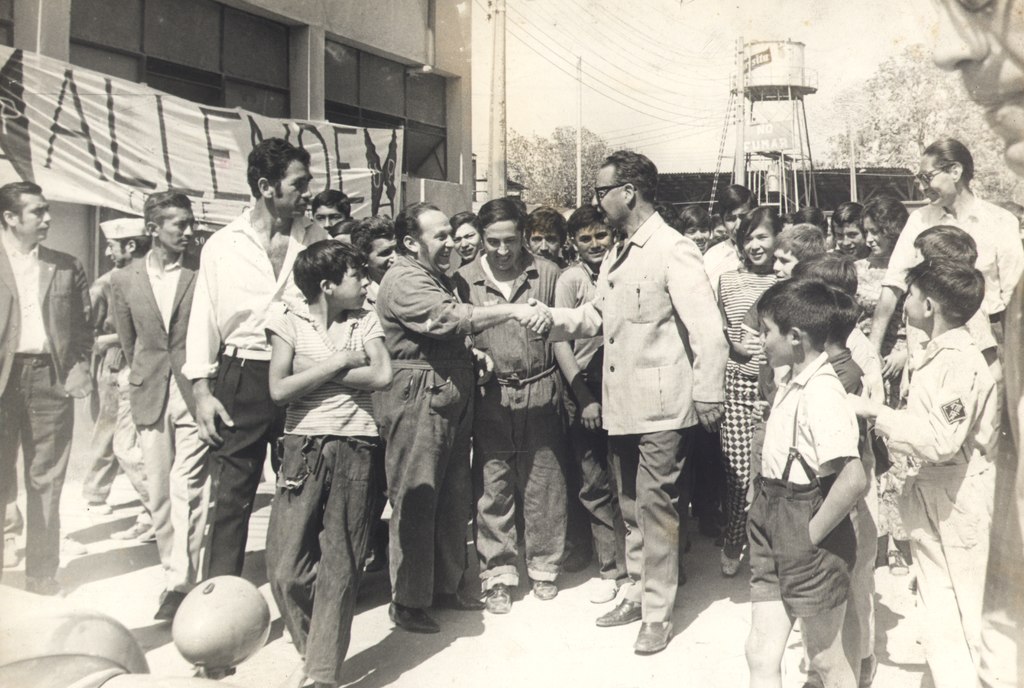Santiago. In preparation for the 50th anniversary of the putsch against President Salvador Allende in September 1973, the Chilean government increasingly relied on artistic reappraisal. The focus is on human rights abuses during the 17 years of military dictatorship led by General Augusto Pinochet.
The longer historical events are, the more the collective memory fades and there is room for reinterpretations and new interpretations.
On June 30, Gabriel Boric’s government introduced a working group led by Culture Minister Julieta Brodsky to coordinate all state activities at home and abroad. Brodsky outlined the ideas of the government initiative as follows: “It shows the commitment that this government has to human rights, to remembrance, to justice, to truth and to guarantees of non-recurrence”. She made no reference to the political legacy of the socialist Allende government.
Francisco Marin, director of the left-leaning newspaper El Ciudadano, interviewed Miguel Lawner, architect and director of urban planning under Allende: “Allende’s prestige rests on the ability to make the big changes he promised during his campaign in terms of pluralism , democracy and freedom, as he has so often affirmed”.
Conservative and far-right circles are now ready to condemn Pinochet’s human rights abuses, but insist the military saved Chile. Left-wing parties, human rights organizations and grassroots initiatives see the background of the coup as an effort to put an end to an alternative social model, socialism in the colors of Chile, and to eliminate the working population and their organizations as political actors in the long term.
In recent years, the right-wing in Chile has had to distance itself from the military dictatorship’s brutal human rights violations in order not to be left completely behind politically. However, that does not prevent them from justifying the 1973 coup d’état. The ultra-right Republican Luis Silva makes no secret of his admiration for Pinochet: “He was a man who knew how to run the state”. Javier Macaya, president of the right-wing opposition party UDI, puts the figure of the dictator into perspective: “Pinochet is a military man who took office under difficult circumstances, but human rights violations were committed in his government.”
Various human rights initiatives are already contradicting the government’s culture of remembrance and trying to keep Allende’s reputation and political legacy alive. They recall his last radio speech before he personally defended his office against the putschists with gun in hand and died: “In this dark and bitter moment, when treason prevails, you should know that sooner or later, very soon the wide avenues will open up again, along which the worthy man goes towards the construction of a better society”.
The social revolt of October 2019 confirmed the perspective of these initiatives.
In the predominantly working-class community of Renca, part of Greater Santiago, local human rights organizations were able to fight bureaucratic obstacles to erect a memorial to the murdered residents in the community’s central square. Formed in June organizing committeewhich will conduct monthly coup anniversary activities through September.
A first leaflet campaign is aimed at the people: “We call on the residents of Renca to join this platform of remembrance, of keeping alive our demands and the struggle”.
